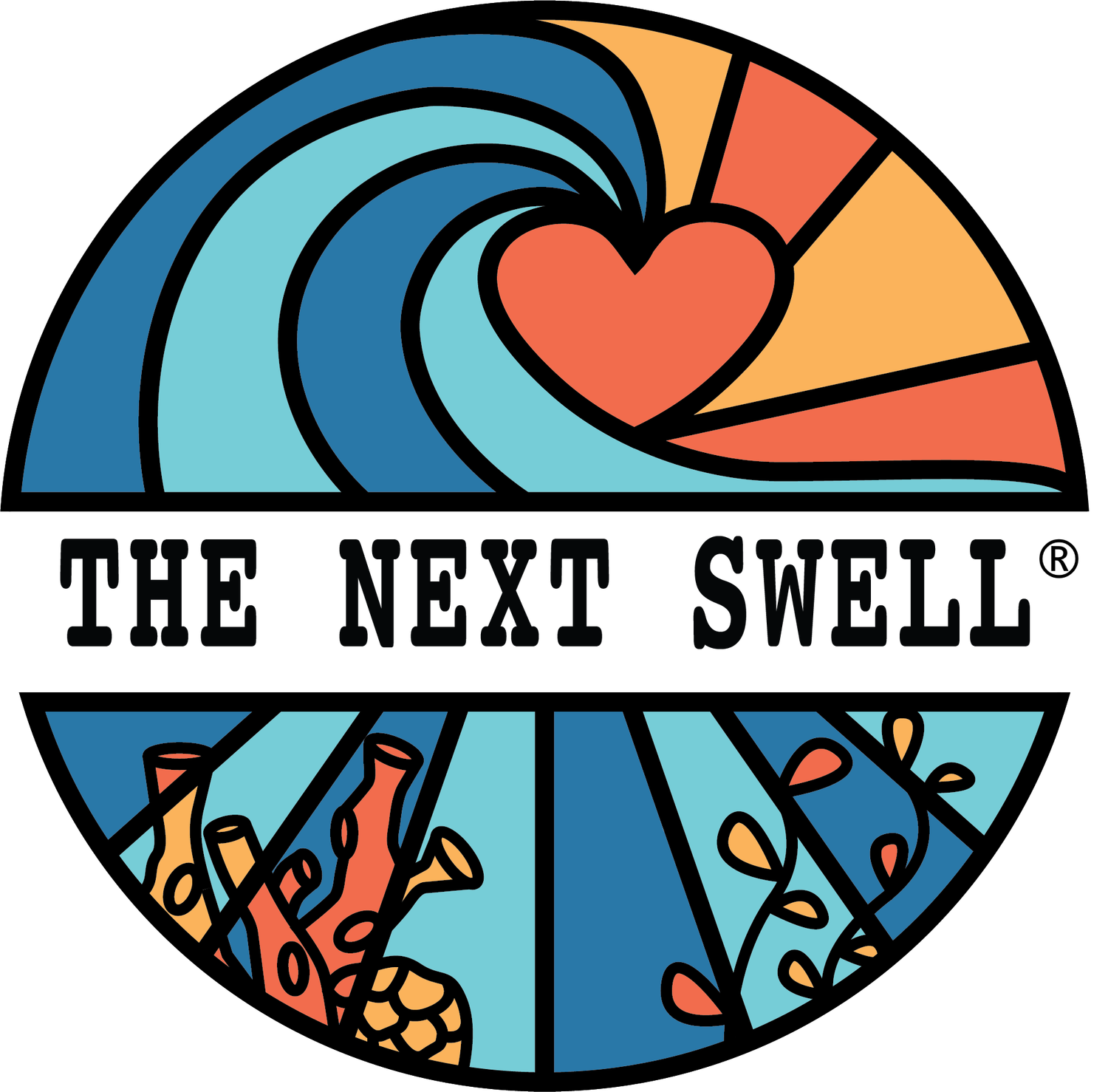Best Fishes
Stock Photo courtesy of Pixabay
Let me preface this with: this is an opinion - based blog. I know that the consumption of animal products is a hot topic of debate and can fuel a lot of fires. Not trying to do that here – I just want to share my personal thoughts. That being said, I welcome replies, respectful debate, and opposing views, as I feel that varying perspectives can help to educate us all.
Recently, one of my best friends asked me about sustainable fisheries, how to make sustainable food choices, and what fishes she could eat without feeling guilty. I am no expert – I know marine biologists/marine conservationists that do not eat any species of fish (in fact, I learned an awesome term last night, “ovo-lacto vegetarian”, meaning you can eat eggs and dairy products – but no products that are the result of directly killing an animal) and I know marine biologists/marine conservationists who eat lots of fishes!
So, all I can tell my buddy and all of you today is how I personally make my decisions, the reasoning behind it, and then share some resources.
I grew up in a very, very Italian family. And, for those of who may not be familiar, the Feast of the Seven Fishes is a traditional Christmas Eve celebration that consists of seven or more different seafood dishes. To be honest, I am not really sure of the back story -- I should probably do some research on that. But, some common fishes that are consumed for this are baccalà (a dried salt cod – definitely NOT my favorite), smelt, octopus, shrimp, clams, and lobster -- it really depends on the family.
I am pretty sure this is my Grandma Nina’s favorite night of the year – it is a long-lasting cultural tradition that makes my family very happy. They like to eat.
So, you can only imagine their horror when I came home for the holidays a few years ago and told them that I am, what I like to call, “a work-in-progress specialized-pescatarian”; meaning, I am a vegetarian that eats selective species of fish, with an occasional desire for chicken tendies. To put it bluntly, I try…really hard. But I am anything but close to perfect.
Despite their dismay, my poor mom re-worked her entire Christmas Eve dinner menu for me (well, almost the entire menu -- thanks, mom!). But, why? Why do I refuse to eat certain fishes and how do I pick and choose the fishes that I eat and don’t eat?
Well, my thought process is sort of three - fold: 1) is the fishery from which the fish is harvested from depleted or at risk (note: there are a lot of varying definitions and information on this that I will not be going into), 2) are the fishing practices used to catch this species questionable (i.e., do they result in the incidental take of non-target species – bycatch – such as marine mammals, sharks, sea turtles, and birds), and 3) is the animal just SO smart or SO cute that I virtually can’t bring myself to eat it? Thanks, My Octopus Teacher…
Now, it is important to note that in many instances certain species may be considered sustainable choices when harvested in certain regions, and with certain fishing practices; however, these same species can be an unsustainable choice in other regions, with different practices. In the United States any fish harvested is subject to the Magnuson-Stevens Fishery Conservation and Management Act, which seeks to ensure biological and economic sustainability of marine fisheries. But, to avoid my being preachy, I urge YOU to look into and research all of this to make your own informed decisions.
But one real problem is that a lot of the time we just don’t know where our fish is coming from. We can do all the research in the world about what is considered sustainable – but, if the restaurant does not know how it was harvested, or if a grocery store does not have appropriate labels, then we’re screwed. And THAT is where it gets tricky. I am not going to sit on my couch right now and write about all the fish species I don’t eat, but I can tell you it is an extensive list, as I tend to follow the ideology of “better safe than sorry” and will personally not consume a species if I am even 1% questionable on how it was acquired.
But, if that’s not your style, I do recommend you ask every restaurant and read every label to ensure you are making the most responsible seafood choices. Worst case scenario, you’ll have the same amount of information you had before you inquired, and you can use your best judgement on how you vote with your wallet (and mouth!). Although, you may actually find that your favorite restaurants are also thinking along the same lines of sustainability; and, who knows, maybe if the question of where a restaurant or grocer sources their food from becomes more common, we can help to change their purchasing habits to more sustainable practices!
The Monterey Bay Aquarium Seafood Watch (seafoodwatch.org) is a great resource and I love their printable, pocket-sized sustainable seafood pocket guide (https://www.seafoodwatch.org/recommendations/download-consumer-guides). This little guide gives you a play by play of the best choices, good alternatives, and those products you should avoid. Check it out and carry this little guide around with you. Be an educated consumer - that is all I ask.
Best Fishes,
Britt

